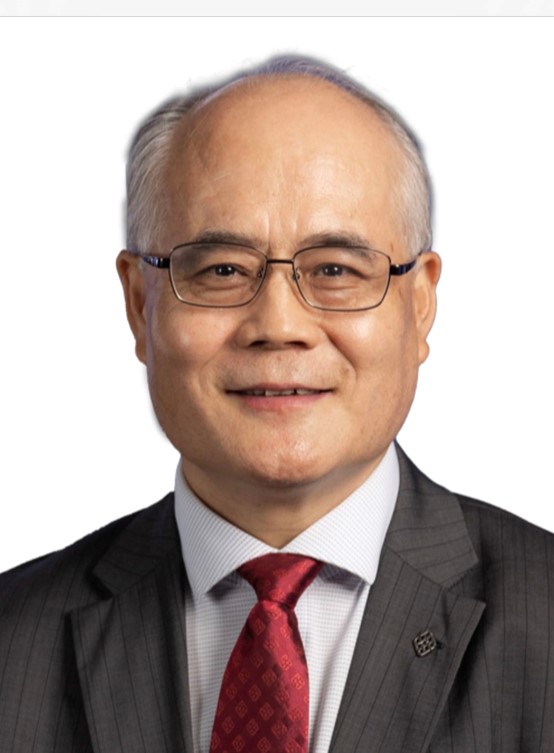

题目:Vibro-acoustic Modelling and Integrated Design with Control Elements
时间:2023年11月17日 15:30-17:00
地点:suncitygroup太阳新城官网 F210会议室
邀请人:瞿叶高 教授 (振动、冲击、噪声研究所)
 Biography
Biography
Li Cheng is Chair Professor and Associate Dean (Research) of Faculty of Engineering at the Hong Kong Polytechnic University. He currently serves as Deputy Editor-in-Chief of Journal of Sound and Vibration, Associate Editor of the Journal of the Acoustical Society of America, and Structural Health Monitoring: An International Journal. Cheng is Fellow of Canadian Academy of Engineering and a Distinguished Fellow of the International Institute of Acoustics and Vibration. He is now the President-elect of the International Institute of Noise Control Engineering.
Abstract
Vibro-acoustics is a branch of science focusing on the study of structure-sound integration, particularly in the context of acoustic noise radiation. A good understanding of the complex interplay between the elastic waves in a vibrating structure and the acoustic waves in the surrounding acoustic media is essential before appropriate noise and vibration mitigation measured be envisaged. Past experiences show the necessity for the issue to be considered at the very beginning of the design stage, which in turn heavily replies on the available modelling, analysis and optimization tools. The inclusion of noise and vibration control elements, which themselves can also be strongly coupled with the vibo-acoustic system makes the task even more demanding. These issues will be discussed in this talk. In particular, different modelling strategies are reviewed to accommodate some of the particular features of vibroacoustic systems which challenge conventional modelling techniques such as structural inhomogeneity, wide frequency outreach, wavelength incompatibility between different coupled media and high computational cost etc. Discussions also show how different system components could influence each other in terms of working mechanism and control performance, as well as why and how this has to be integrated together under a holistic design philosophy. Examples involving micro-perforated panel absorbers, Helmholtz resonators, cavity shape optimizations and acoustic black holes are used to substantiate the discussion.
